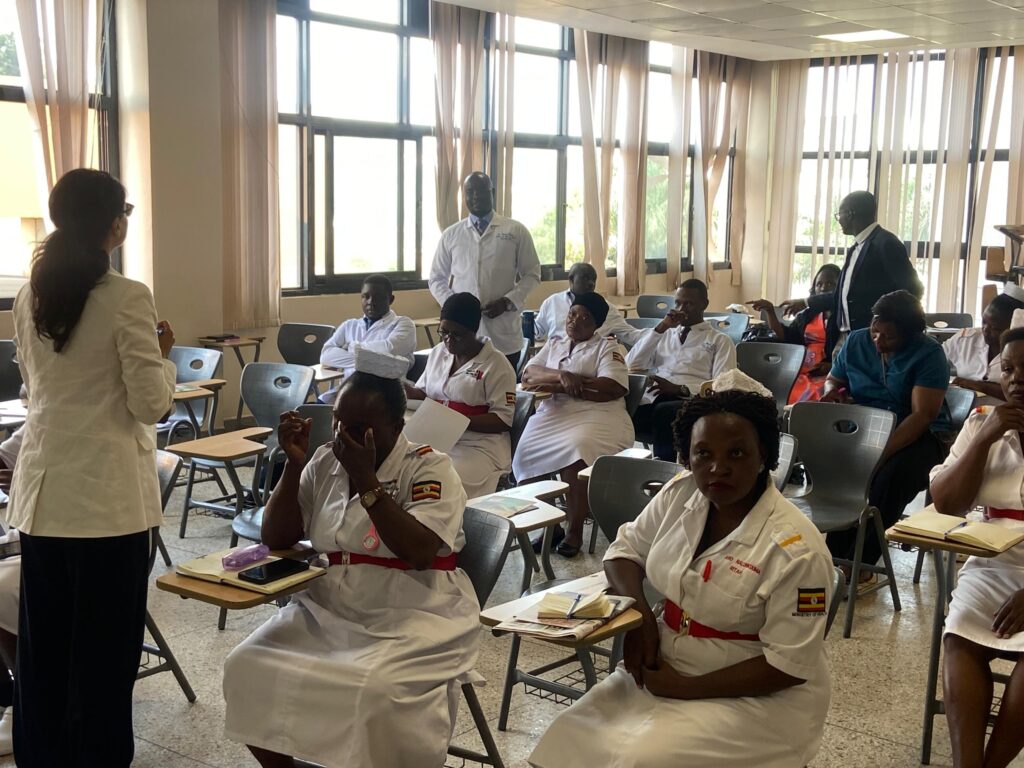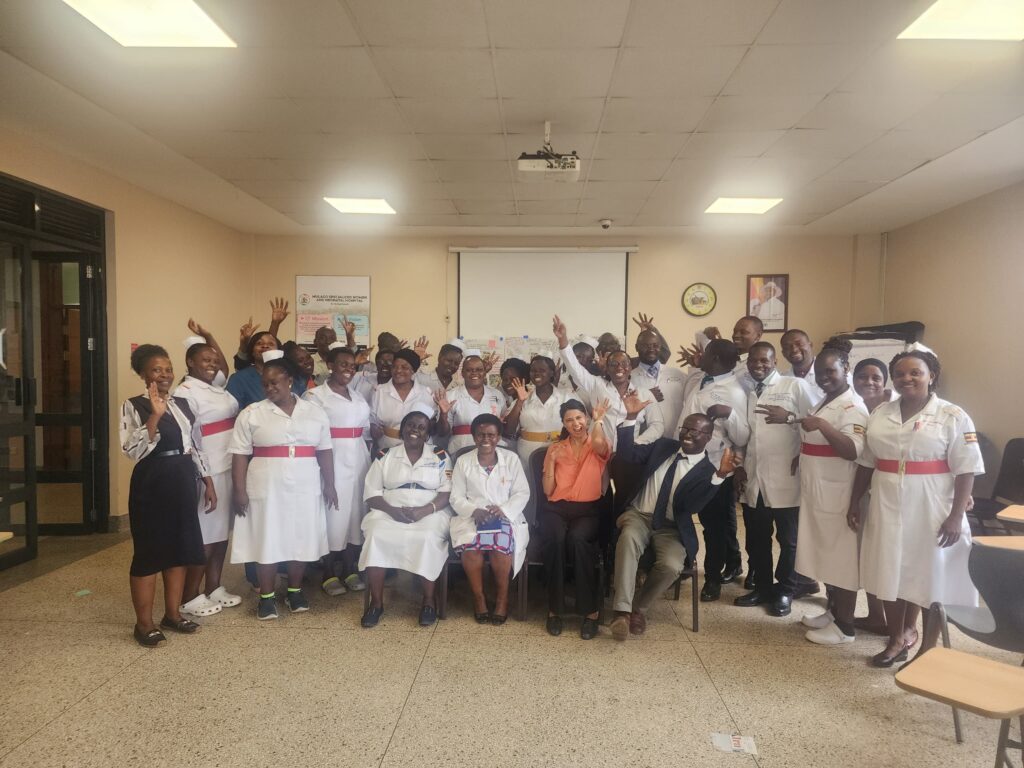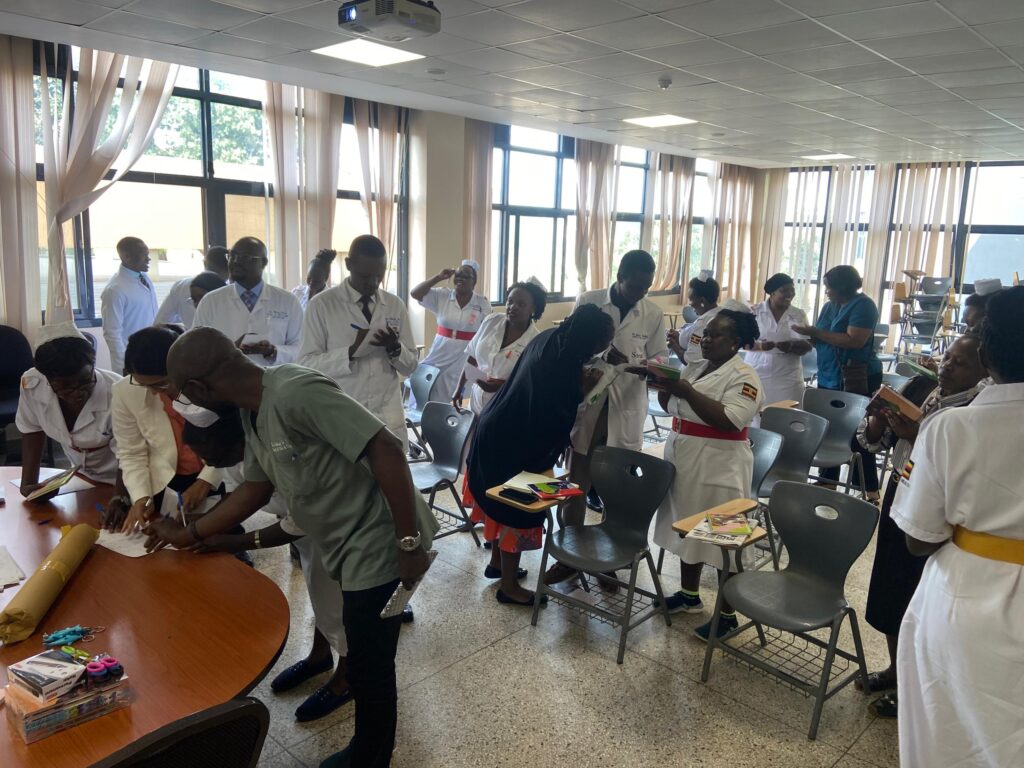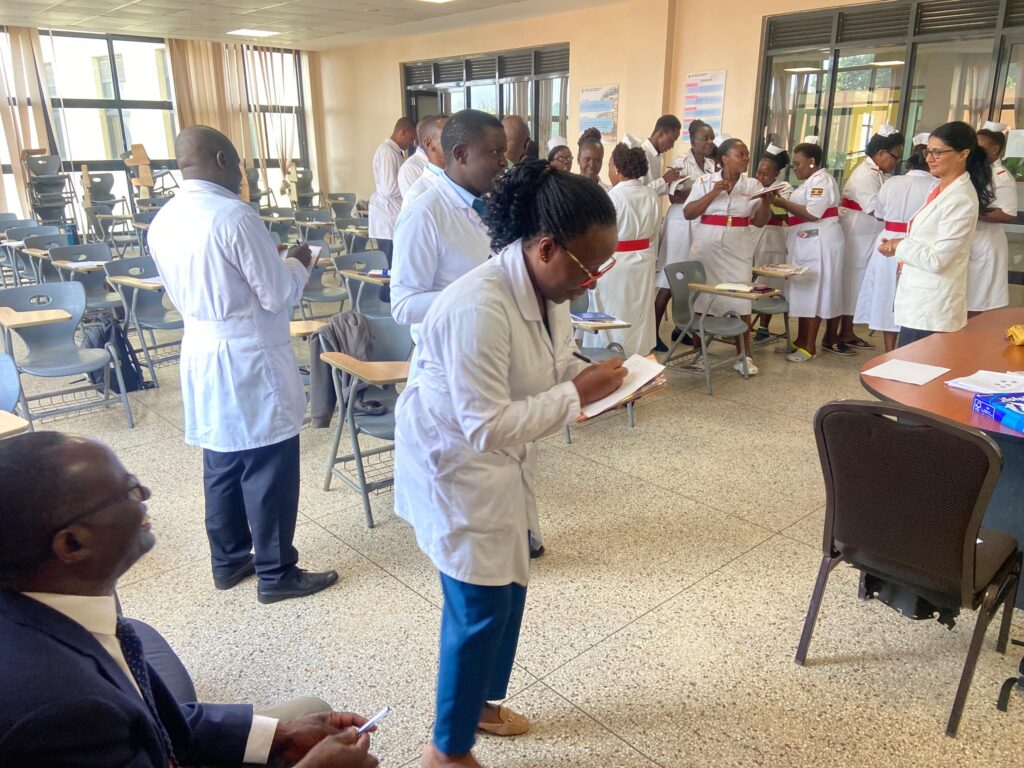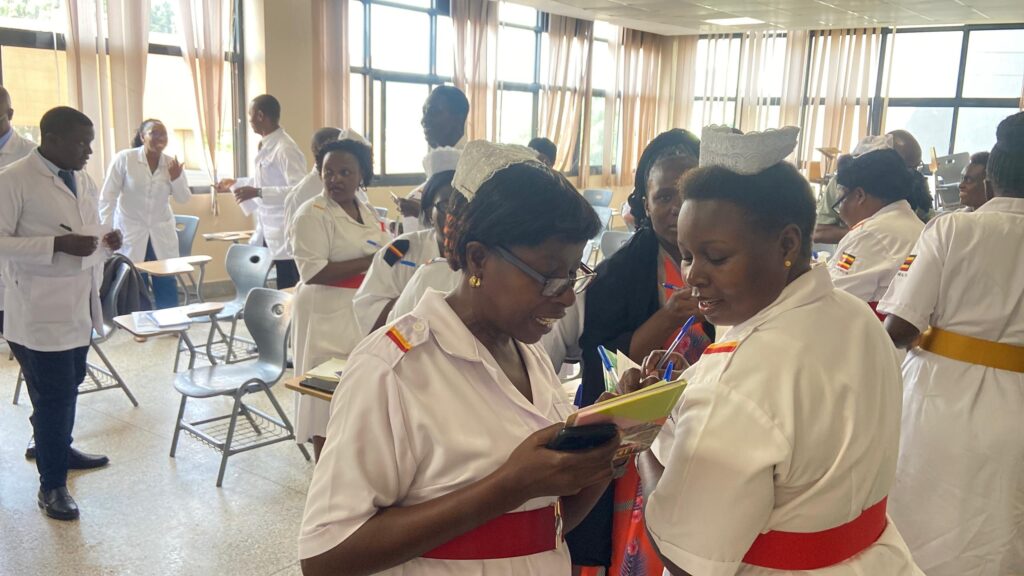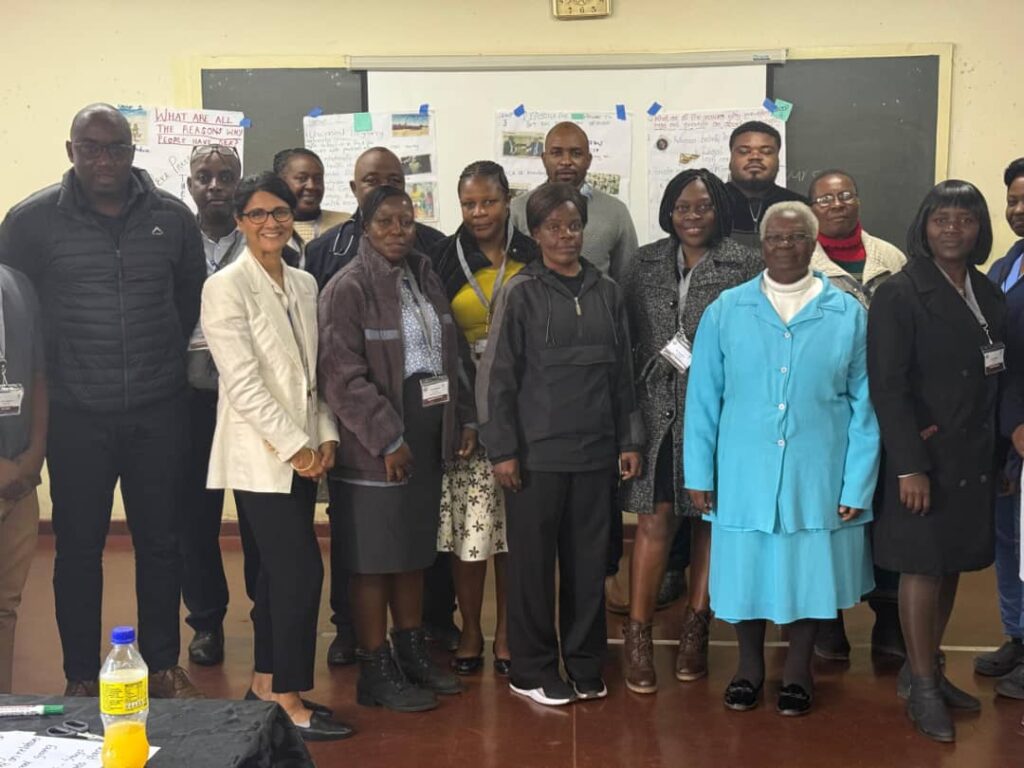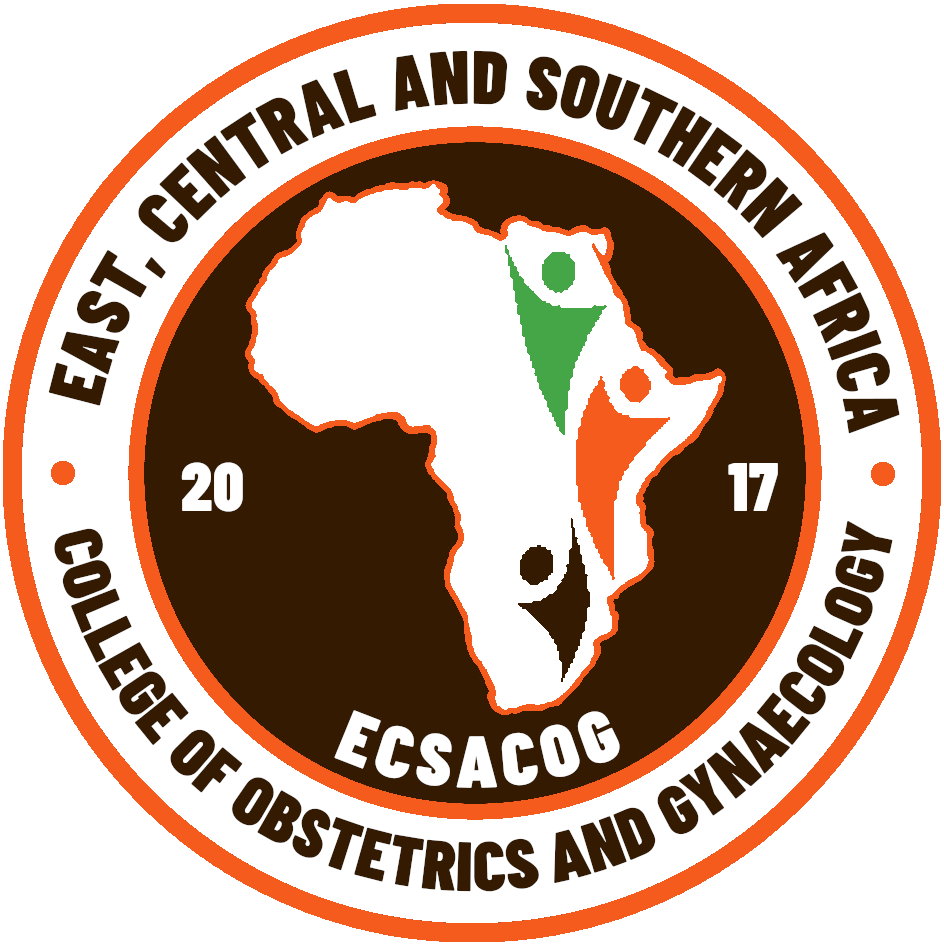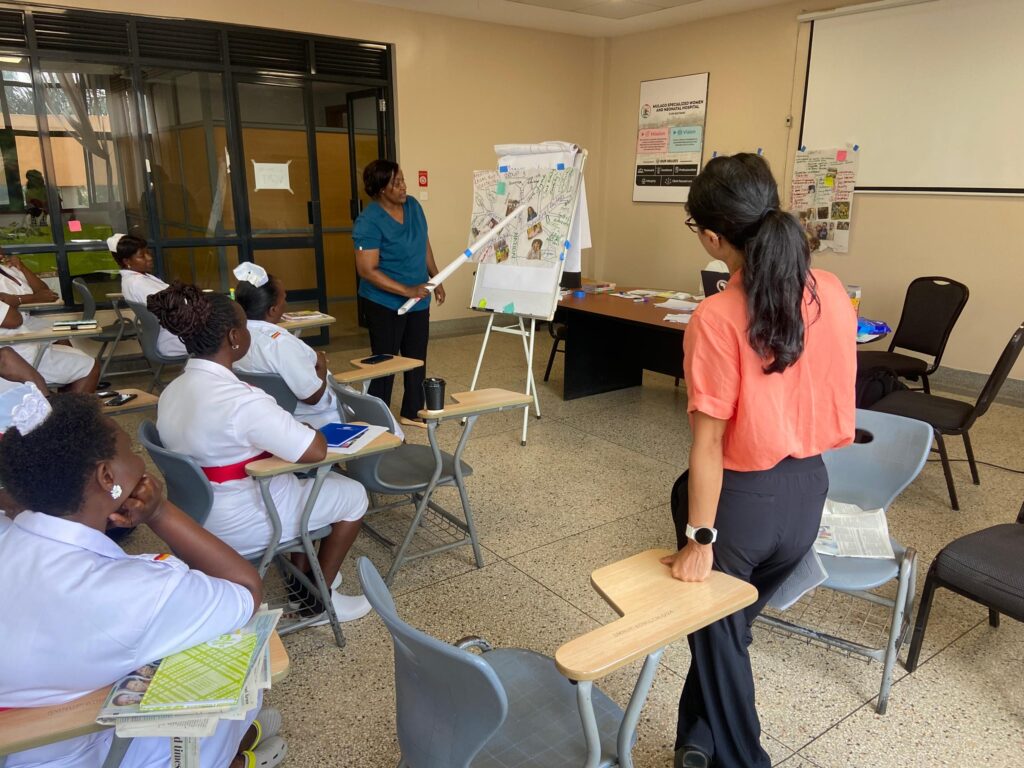Healthcare providers in Bulawayo and Kampala participate in Values Clarification and Attitude Transformation training to improve delivery of contraception and abortion care.
The East, Central and Southern Africa College of Obstetrics and Gynaecology (ECSACOG) recently held Values Clarification and Attitude Transformation (VCAT) workshops in Bulawayo, Zimbabwe and Kampala, Uganda. The sessions aimed to equip healthcare providers with the knowledge, skills, and reflective tools to offer empathetic and nonjudgmental sexual and reproductive health services, including contraception and abortion care.
The VCAT workshop in Bulawayo, Zimbabwe brought together a multidisciplinary group of healthcare workers committed to advancing reproductive health. Participants engaged in discussions and reflective exercises designed to examine their own values and attitudes around sexual and reproductive health and rights (SRHR), with a particular focus on safe abortion and contraceptive care. The training emphasized evidence-based practices, professional ethics, and the importance of respectful, patient-centered communication.
In Uganda, the VCAT workshop was held at Mulago Specialized Women and Neonatal Hospital in Kampala. Organised by ECSACOG, the workshop provided a platform for providers to explore the social and cultural dimensions of SRHR. Activities included group discussions, case study analysis, and interactive sessions that encouraged empathy, self-awareness, and a commitment to upholding the rights and dignity of patients.
Both workshops are part of ECSACOG’s broader regional efforts to strengthen health systems and improve maternal outcomes by enhancing the capacity of healthcare providers. By addressing the underlying biases and misconceptions that may affect service delivery, ECSACOG aims to foster a more inclusive and supportive environment for SRHR services.
The successful implementation of VCAT workshops in Zimbabwe and Uganda reflects ECSACOG’s continued commitment to promoting high-quality, rights-based reproductive healthcare across the region. These efforts are vital in ensuring that all individuals receive respectful, informed, and compassionate care.
